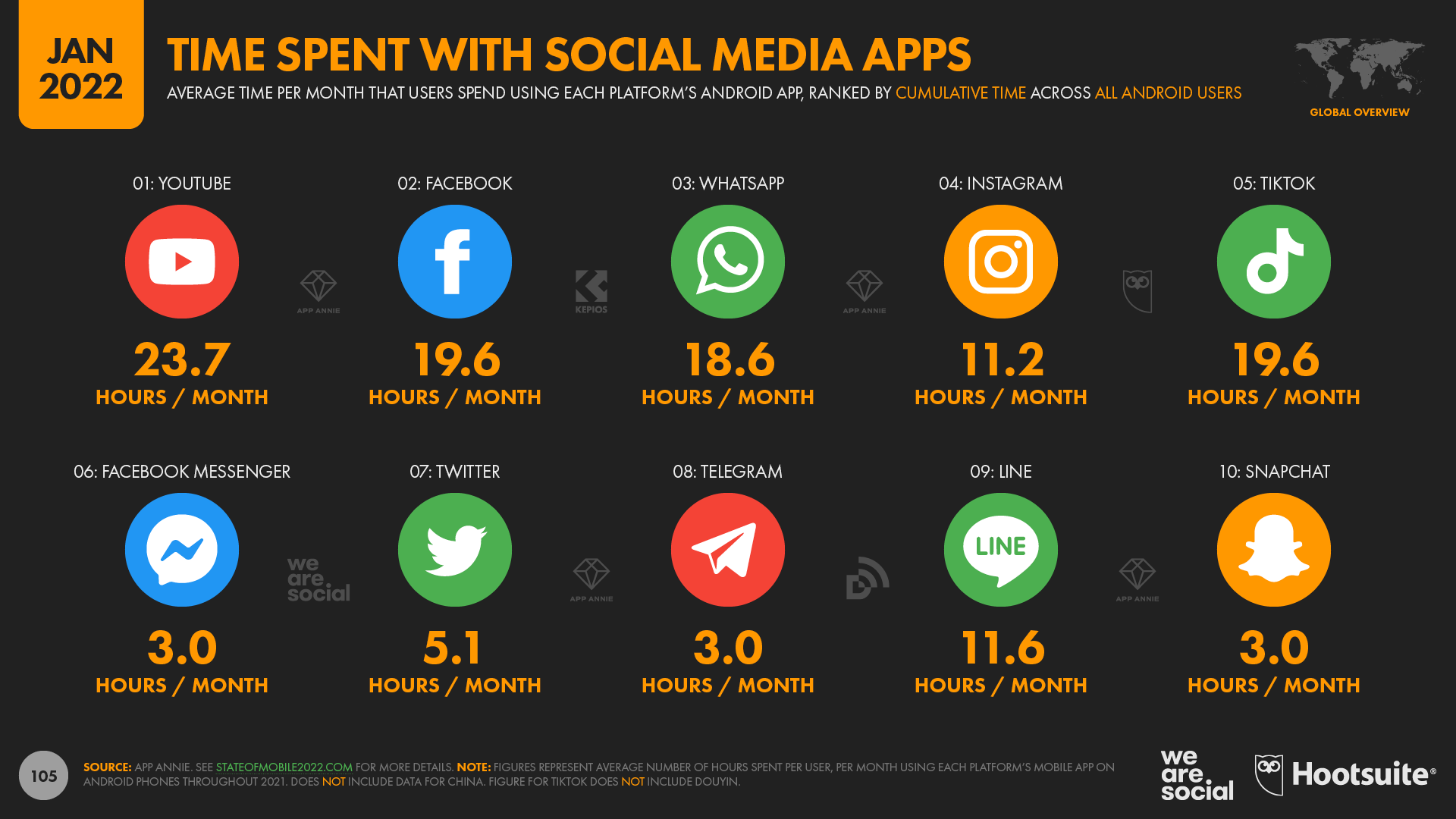The American way (read: capitalism’s primary goal), which greatly influences the Canadian way, has always been about separating you from your money. I’d wager that within moments of the Internet becoming available to the public on April 30, 1993, many asked themselves, “How can I use this new medium to hawk stuff?” In 1997, SixDegrees launched the first online social networking site, marking the birth of social media. Almost immediately, Hucksters, charlatans, snake oil merchants, and outright fraudsters tumbled out of the woodwork alongside corporate advertisers.
Have you seen the online ad for the Bluetooth-enabled Shiatsu foot massager? How about the one for the organic mushroom supplement powder? How about the micro-magnetic slimming earrings? Initially, social media thrived on feel-good content. However, social media companies have bills to pay and profits to make; thus, understandably, monetization became their focus, resulting in social media being flooded with ads for cheap, bright, and shiny items. Today, you can’t scroll through your feed without being inundated with ads promoting supplements, subscription services, or self-proclaimed “experts” teaching a craft they’ve never mastered.
Remember the days of browsing the Internet and having to venture off to visit the seller’s website? The creation of social commerce—the marriage of e-commerce with social media—eliminated the need to venture off. Instagram, Facebook, Pinterest, and TikTok now have native social commerce features baked into their respective platform. This feature, when leveraged by Svengali-like marketing strategies introducing you to products you didn’t know existed, not surprisingly, leads to impulse purchases.
Who knew there was an avocado slicer 3-in-1 tool for hassle-free avocado preparation for only $3.47? According to the ad, there are less than 400 left. At that price, it’s a must-have. Never mind that I can’t recall the last time I ate an avocado.
As kitchen junk drawers, closets, garages, basements, and storage lockers will testify, creating fear of missing out (FOMO) by offering a cheap product and claiming inventory is dwindling is a proven marketing strategy. It’s anyone’s guess what percentage of our online and offline consumerism are impulse buys.
Thanks to social commerce, a “marketer” can present you with a well-priced hoodie as you scroll through TikTok. To take advantage of this deal without overly interrupting your viewing of shuffle dance videos, simply click “Buy.”
I find it exhausting to scroll through my social media feeds, feeling that everyone is trying to sell me something. Social media has become cluttered with “Buy me!” and become an algorithmic traffic driver for targeted advertising. Then there’s the fakery factor.
- Despite all the claims, there’s no “free.” Everything has a price: time (attention) and/or money.
- There’s no genuine “I want to help you” advice, only pitches and sales funnels.
- The freebies are shallow. A life improvement e-book offered for “free,” in exchange for your email address, is just recycled advice you’ve already heard or read. There’s nothing revolutionary or exclusive about the advice, as was promised.
How many businesses behave on social media irritates me. Naively, I assumed social media would evolve into a people-to-people medium, like the whole world sharing one big kiss, as opposed to the business-to-consumer digital marketplace it has become.
Weight loss programs, get-rich-quick schemes, influencers shilling products that don’t produce results, Facebook friends selling beauty products, salons pushing Botox and fillers and ads that intentionally make asterisk text impossible to read. Companies that stretch the definition of “free,” “guarantee,” and “unlimited.” Products designed to wear out quickly. Subscription-based models for everything. At some level, social media and the Internet thrive on veiled scams.
My angelic side believes that those behind the transformation of social media into a Turkish bazaar simply want what we all want: money to buy time and freedom. Because our economic system works like a Ponzi scheme, everyone, to some degree, tries to make money, to move around with their consumerism, by taking advantage of others. In other words, who am I to judge those who sin differently than I do?
When you consider how social media companies generate their revenue, it’s hard to condemn their monetization efforts.
Your role in social media isn’t that of user. You’re the product offered to advertisers and those who are dreaming of making money on social media. Platforms aggregate your attention (aka views), which they then sell to advertisers. It shouldn’t come as a surprise that your attention span and actions are being commodified when you’re on social media.
In economics and finance, there’s an adage that’s especially relevant here: “There’s no such thing as a free lunch.” From an economic perspective, nothing is ever free. In general, if something appears to be free, like a social media account, you’re paying for it in some tricky way.
Always consider where your money is going. Consider your life goals more carefully. Don’t let social media dictate your dreams. Sadly, social media has replaced the American dream of working hard and making money with the dream of not working hard and making money, resulting in our social media feeds being inundated with shameless attempts to separate us from our money.
______________________________________________________________
Nick Kossovan, a self-described connoisseur of human psychology, writes about what’s on his mind from Toronto. You can follow Nick on Twitter and Instagram @NKossovan
